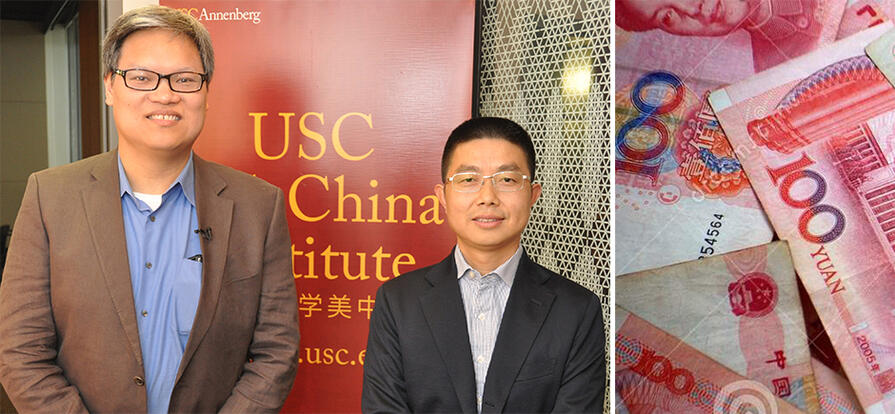China’s economy is slowing and the country is in the midst of a major effort to reform and restructure its economy. The reform efforts include greater reliance on market allocation of resources, including credit, and having state enterprises, including those in the financial industry be increasingly market-oriented. The restructuring effort involves moving from a dependence on investment and infrastructure building to drive the economy to reliance on consumption. Shih and Zhang discuss the large government debts that have accumulated in China, especially at the local level and the resources available to the government to meet its obligations and to foster continued economic expansion.
Speakers
Zhang Xiaojing 张晓晶 is a professor in the Institute of Economics of the Chinese Academy of Social Sciences. He directs the Macroeconomic Research Office there. Zhang won the Sun Yefang prize (the top award for economists in China) in 2005 and 2007. His books include volumes on China’s Macroeconomic Policy in the New Century (Capital Economics and Trade University Press, 2000) and Economic Growth and Structural Changes in the Reform Era (Shanghai People’s Press, 2008).
Victor Shih 史宗瀚 is an associate professor in the UCSD School of International Relations and Pacific Studies. He specializes in China’s political economy. He’s the author of Factions and Finance in China: Elite Conflict and Inflation (Cambridge, 2009) and numerous articles on China’s banking industry and on Chinese politics. He spoke at our 2011 conference on The State of the Chinese Economy.
Click here to view the event page.
This video is also available on the USCI YouTube Channel.
This video is also available on the USCI YouTube Channel.




